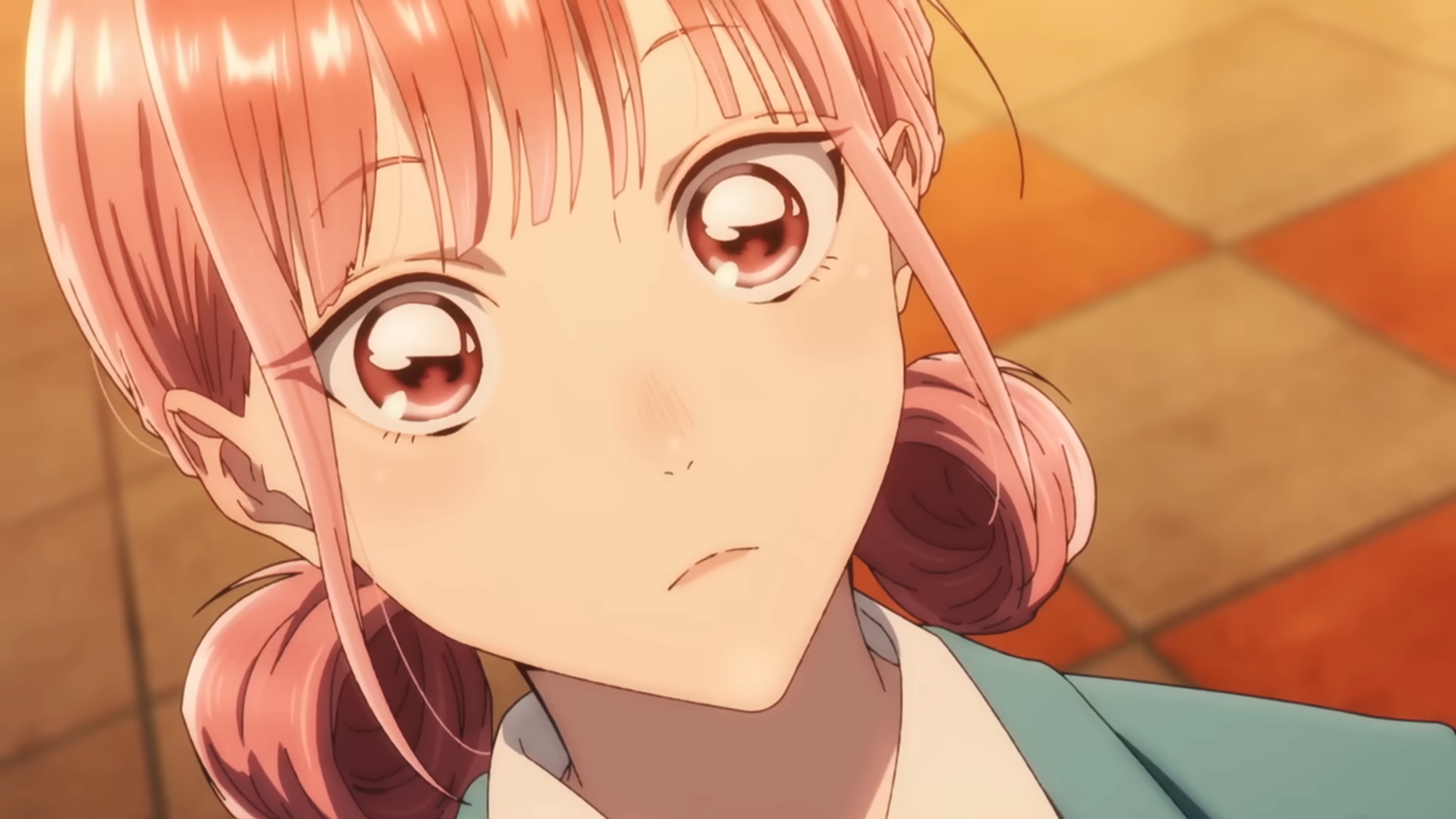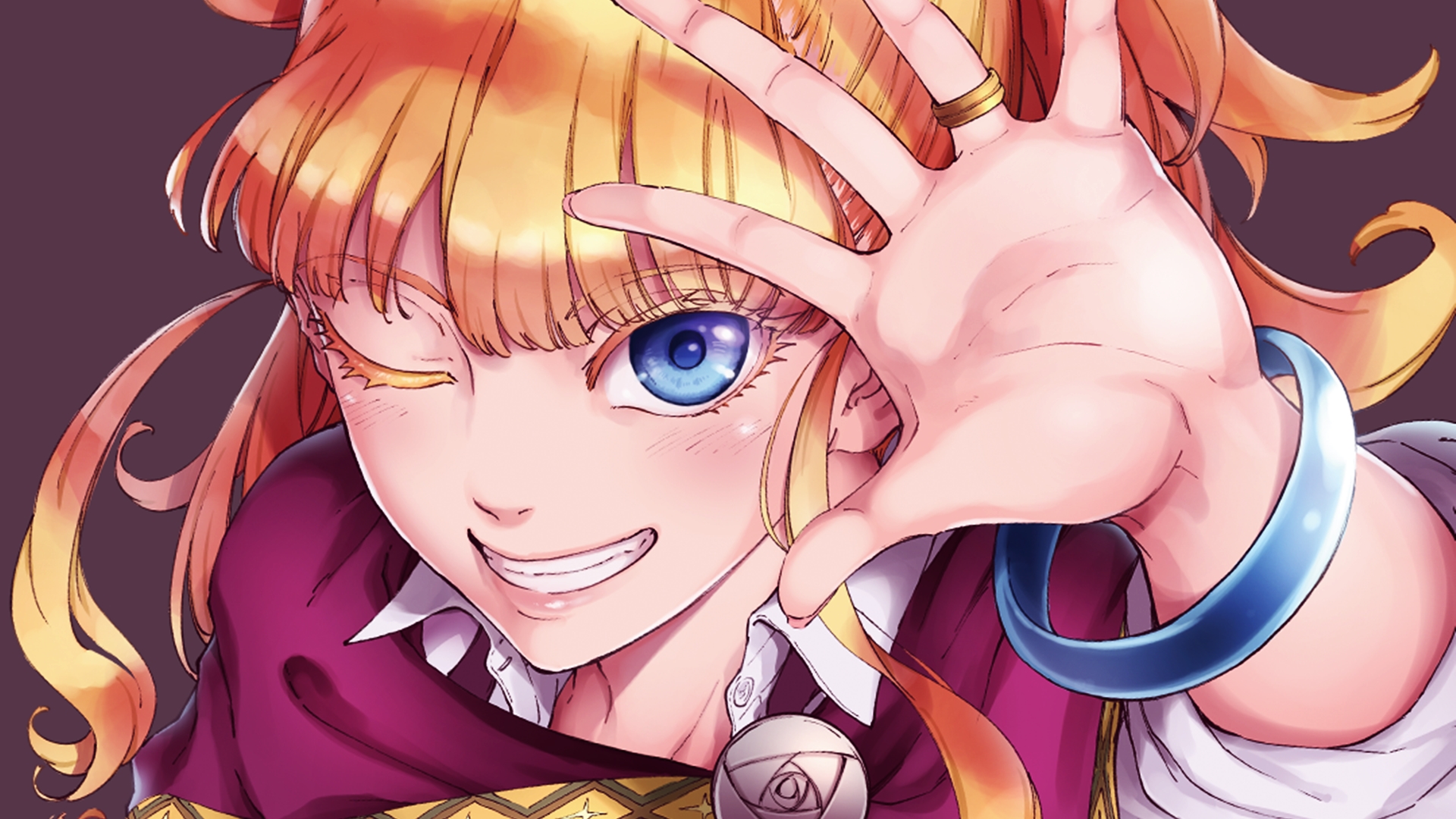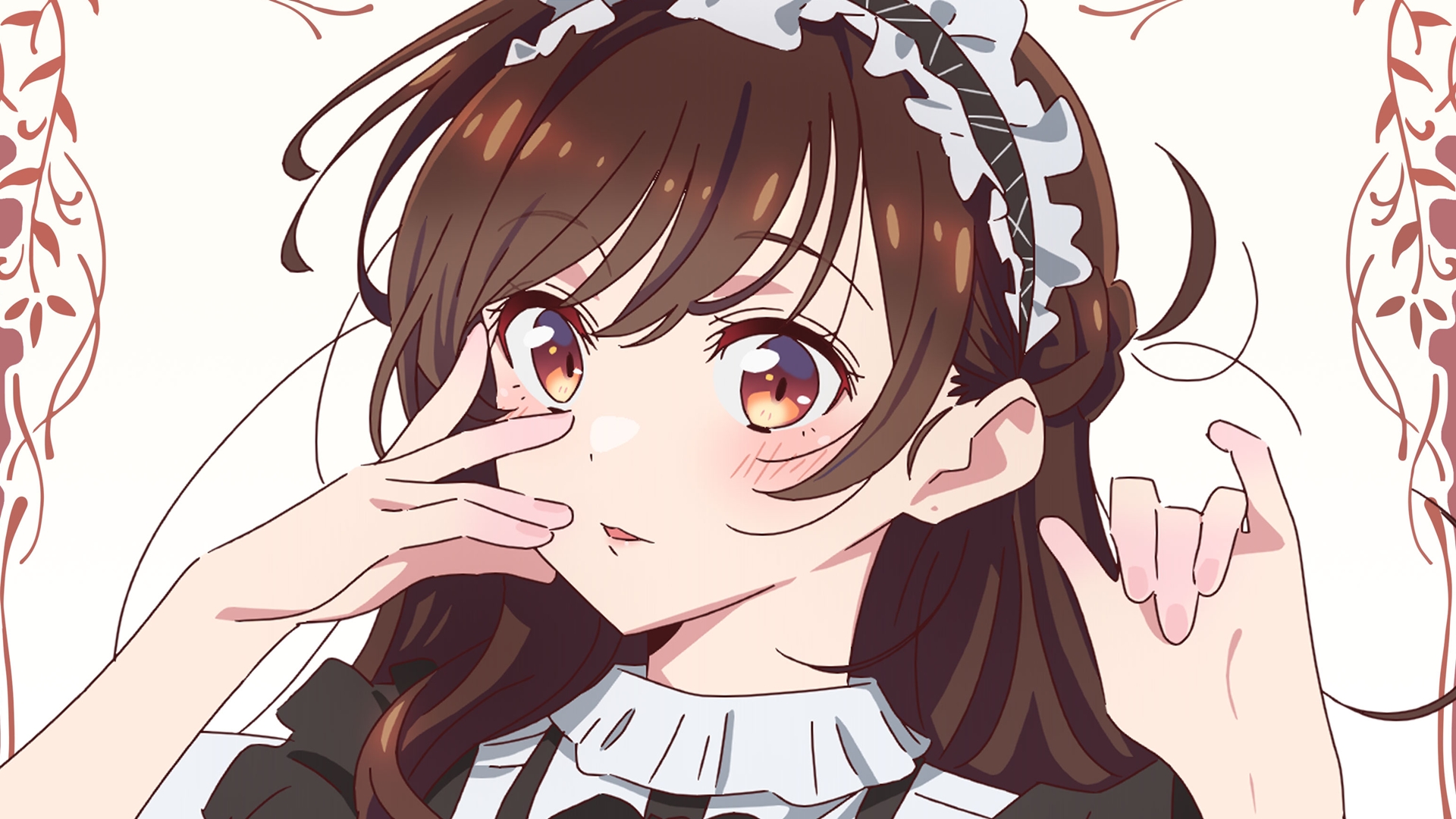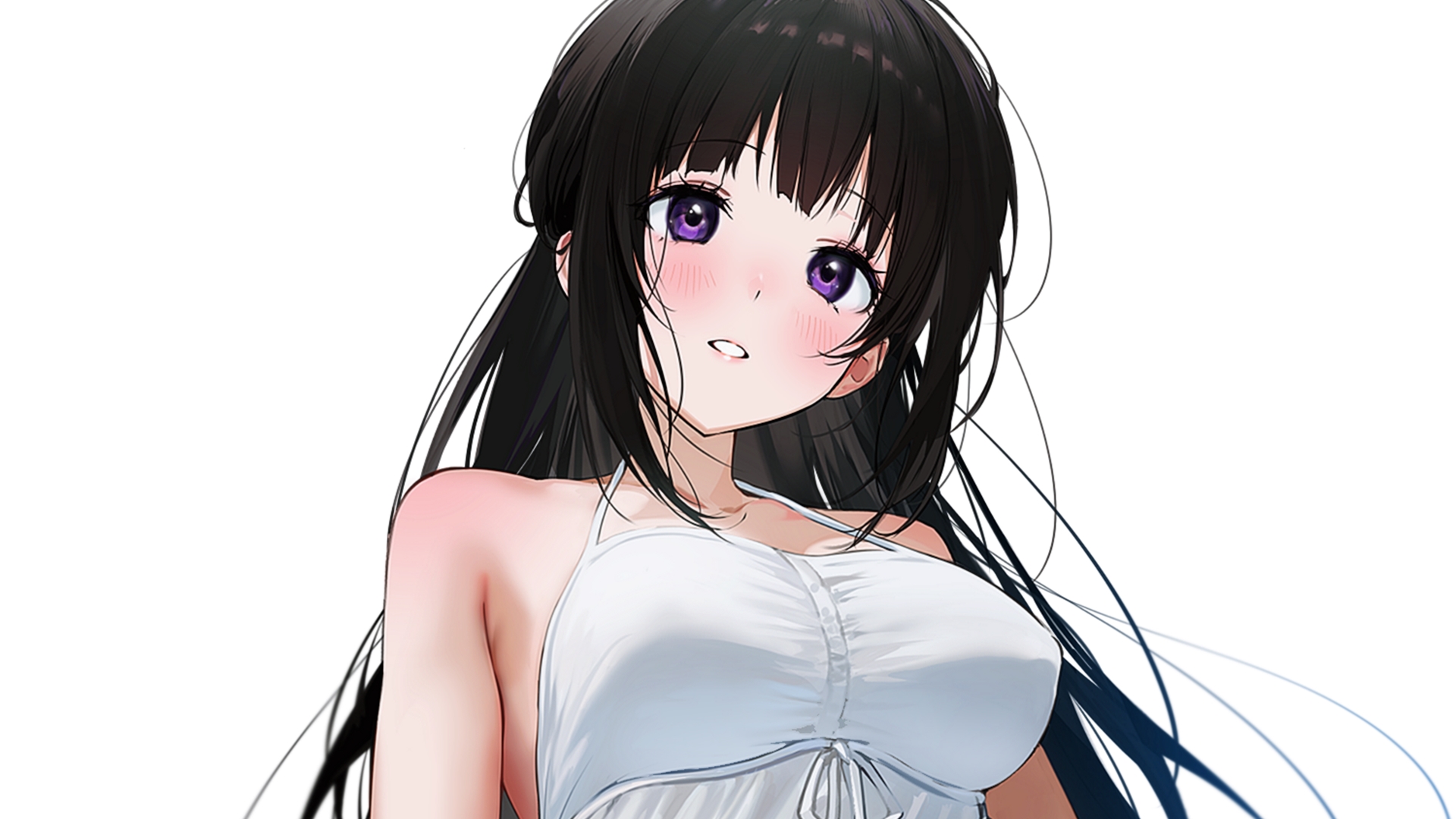Anime
Akira Kanai, editor of Vinland Saga, rejects the idea of Western political correctness in storytelling
Advertisement
Akira Kanai, renowned manga editor known for his work in Vinland Saga, Ajin: Demi-Humanand Planetstook a firm stance against allowing political correctness to influence his editorial decisions.
This was revealed during your interview with Manga Passionwhere he was asked about his approach to ensuring the manga's international success.
“I do not allow myself to be influenced by the so-called political correctness abroad and I design the works accordingly.”, declared Kanai.
The editor-in-chief elaborated on his approach, stating that he follows several content codes regarding violence, nudity, and religious depictions. However, these considerations are based on general content standards rather than specific international sensitivities.
According to him, interesting stories “will generally be understood, regardless of whether you come from Africa, Chile, or Greenland.”

Kanai argued that fundamental human experiences and emotions are universally relatable. Thus, stopping a work simply because it addresses a very Japanese issue didn't make sense to him.
“I don't think there are fundamental differences among people in terms of what they consider important—whether in Japan, Germany, China, or South Korea.,” he said. “Stopping a job because it deals with a very Japanese problem, or specifying to do something – this almost never happens“.
Kanai also questioned the notion of creating content that aims to balance local and global appeal, suggesting that such an approach may not be effective.
He illustrated his argument using the example of Jump and Loafera manga about a girl from rural Japan who moves to Tokyo to study.
“I don't think it's possible to create works that fall squarely in the middle, nor would such works truly appeal anywhere. Take Skip and Loafer, for example, which is about a girl from rural Japan who moves alone to Tokyo to attend a good high school. I think people around the world will certainly relate to her feelings of insecurity in the same way. That's why such works tend to attract an international audience.“
Despite his reluctance to adhere to political correctness, Kanai believed that global exchange was crucial for a medium like manga.
However, he rejected the notion that Japan's push to expand its manga market overseas is due to the country's declining birth rate.
“I believe the birth rate—except in Africa and India—is declining globally. I think it's shameful to expand abroad because the domestic market is shrinking." he said. "But thanks to advances in digital technology, people living abroad can now easily read manga from Japan.”
He also criticized the idea that Japanese publishers would suffer financially if they did not expand internationally.
Instead, he hoped that the manga community would grow with more and more people being able to read and enjoy manga.
“The mentality that Japanese publishers will become increasingly impoverished if they don't expand overseas is pathetic and should be abandoned. Now that it's possible to read and draw manga abroad, I hope the manga fan community itself grows. No matter where they come from or what religion they belong to.,” said Kanai. “So when it comes to the question of whether I think globalization is important, I can say it's much more fun this way.“
Kanai also addressed the issue of piracy when discussing the globalization of manga. He acknowledged that while it would be preferable for fans not to read pirated copies of manga, he understood that some fans might not have the financial means to purchase official copies.
“But if they don't have money and there are a lot of pirated copies, I think the pirated copy is fine for now,” he commented, jokingly adding that Kodansha board members could “beat him to death” for saying that.
Akira Kanai is a prominent figure in the manga industry, currently serving as editor-in-chief of Kodansha's Monthly Afternoon magazine, known for the seinen titles it publishes.
Kanai began his career at Kodansha, one of Japan's largest publishers, in 1994. Before being promoted to his current position as editor-in-chief, he worked in the editorial departments of Morning magazine and Weekly Shonen Magazine.




